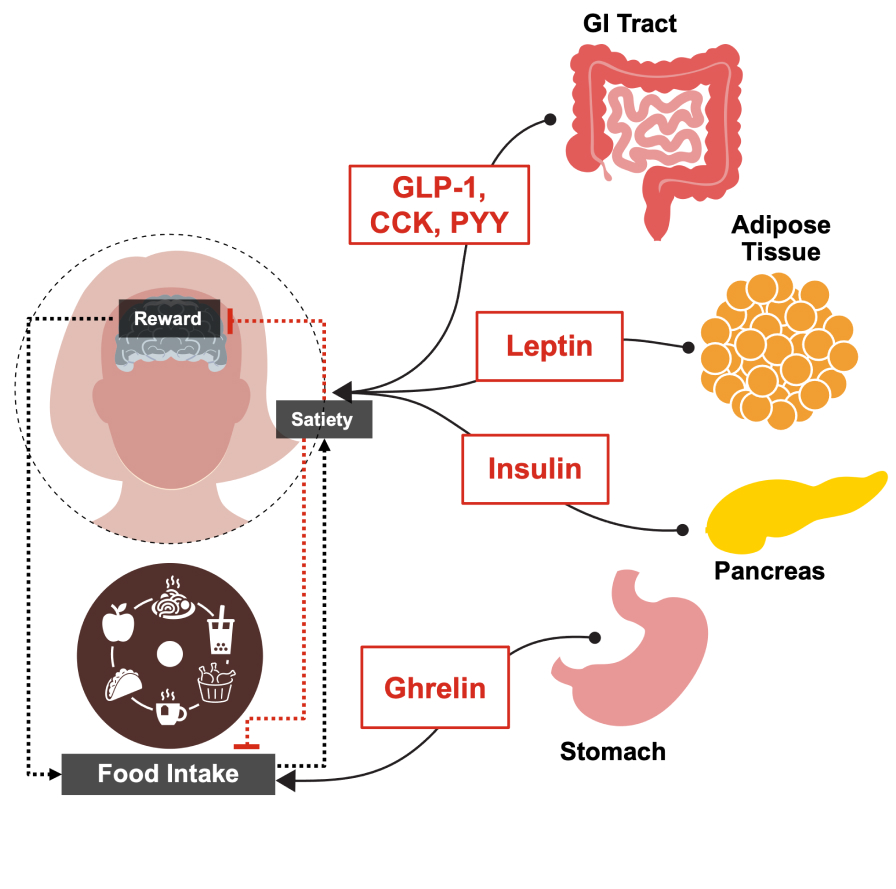Obesity Is a Disease
Overview and Development of Obesity
Obesity is a multifactorial, chronic, progressive, relapsing, and treatable multifactorial, neurobehavioral disease. An increase in body fat promotes adipose tissue dysfunction and abnormal fat mass, resulting in adverse metabolic, biomechanical, and psychosocial health consequences.1 A body mass index (BMI) of ≥30 kg/m2 is consistent with a diagnosis of obesity. Obesity is categorized into classes (class 1: 30.0-34.9 kg/m2, class 2: 35.0-39.9 kg/m2, and class 3: ≥40.0 kg/m2).1 Complex biological systems play a major role in regulating food intake in response to hunger, satiety, and appetite signals. Disruption in these mechanisms may alter energy balance and contribute to obesity development and persistence.2 Contributing Factors:
- Sociocultural
- Environmental
- Epigenetic
- Genetic
- Psychological
- Behavioral




References
- Obesity Medicine Association. Definition of obesity. https://obesitymedicine.org/definition-of-obesity/ (Accessed August 24, 2023).
- Morton GJ, Meek TH, Schwartz MW. Neurobiology of food intake in health and disease. Nat Rev Neurosci. 2014;15(6):367-378.
- Sharma AM, Padwal R. Obesity is a sign – over-eating is a symptom: an aetiological framework for the assessment and management of obesity. Obes Rev. 2010;11(5):362-370.
VV-MED-145555
Please rate your satisfaction with the content on the following statements:
Very Dissatisfied
Dissatisfied
Neutral
Satisfied
Very Satisfied